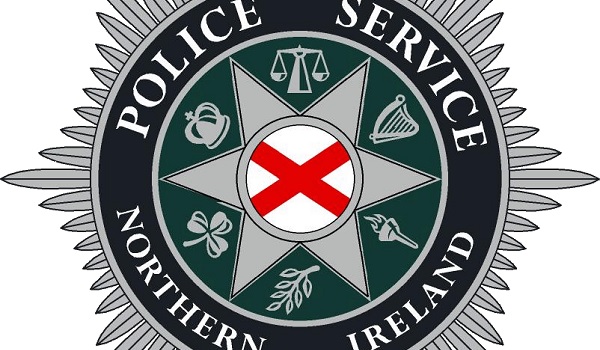PSNI defends evidence checklist sent to paedophile hunting group
A force has denied that a 19-step evidence checklist it sent to a self-styled paedophile hunting group was intended as guidance for future activity.
A force has denied that a 19-step evidence checklist it sent to a self-styled paedophile hunting group was intended as guidance for future activity. Last December the Police Service of Northern Ireland (PSNI) wrote to Predator Catchers NI requesting evidence from incidents the group had been involved in. The letter also clarified what officers would need to include in evidence submitted to the Public Prosecution Service (PPS) although the PSNI claimed this was not provided as any form of guidance. The group, which organises vigilante stings to catch alleged child sex offenders, has claimed it regularly works with police in investigations. The PSNI said it would strongly advise against the work of paedophile hunting groups and asked them to supply evidence rather than taking action into their own hands. Detective Chief Inspector David McBurney said: It is the polices role to deal with those involved in this type of crime. We are the professionals with the expert knowledge and experience to carry out rigorous investigations to the required evidential standard. This is why law enforcement officers who work in this area and undertake undercover activities are specifically trained to do so and work under strict authorities and the control of senior officers. This process ensures the provenance of any evidence that is collected and compliance with strict legal requirements to ensure that evidence gathered is admissible before the courts in Northern Ireland. At least 75 paedophile hunting groups are thought to be operating across the country. Nationally, senior officers have raised concerns about the increasing number of these organisations and their potential to undermine police investigations. In January, 39-year-old Mark Cardwell was jailed for 18 months after exchanging explicit messages with a number of young girls online that were really false profiles used by three paedophile hunting organisations. Chief Constable Simon Bailey, national lead for child protection, said members are taking risks they dont understand and have no way of safeguarding child victims. The 19 pieces of information provided to Predator Catchers NI included who initiated sexual content in conversations and whether explicit images had been shared. Former policing board member Dolores Kelly said: The police are giving conflicting and mixed messages and they need to be very clear in what they are telling the public.


